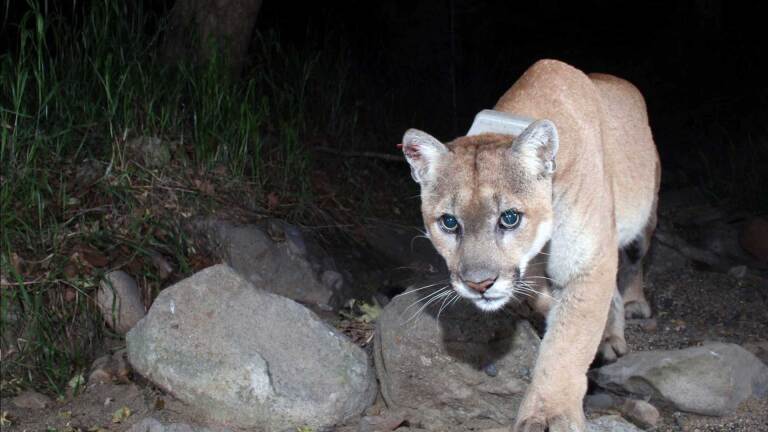Back to Show
Earth Focus
Climate Migration: How Tijuana's Haitian Community Was Born
After a devastating earthquake and destructive hurricanes in Haiti, people began migrating to South America, and eventually toward the United States to find work to support their family back home. In this segment of "Earth Focus" we examine the factors leading to a new Haitian community growing in the U.S.-Mexico border town of Tijuana. See how Haitians are adapting to a new culture while Tijuana adapts to an influx of climate migrants.
Support Provided By

26:40
A look at the Peruvian government's Operation Mercury, a decisive action to shut down an entire town built around an illegal gold mine.

26:39
South Africa faces a stark reality as the continent’s largest greenhouse gas emitter.

26:39
In-depth profiles of four young environmentalists: Alexandria Villaseñor in California, Carl Smith in Alaska, Ayakha Melithafa in South Africa and Litokne Kabua in the Marshall Islands.

26:40
Entire aquatic ecosystems are beginning to collapse.

26:30
Solar power is changing lives in unexpected places.

26:40
The realities of milk production are forcing dairy communities across the globe to rethink the dairy production process.

26:04
This episode explores lumber poaching in the forests of Brazil and Oregon, where citizens and scientists are working together to combat the illegal lumber trade.

24:40
The popular demand for avocados is having a devastating impact on a drought-stricken community in Chile.

25:52
This episode of "Earth Focus" examines how the worldwide demand for oil and gas is impacting the communities that supply it.

24:28
Los Angeles is one of the biggest biodiversity hotspots in the world, despite its smog, urban sprawl and snarling freeways.

25:44
Communities and innovators all over the world are creating new sustainable food sources that are resilient to climate change and growing populations.

25:44
Anticipating future water needs, two regions on opposite sides of the world turn to technology for answers.














